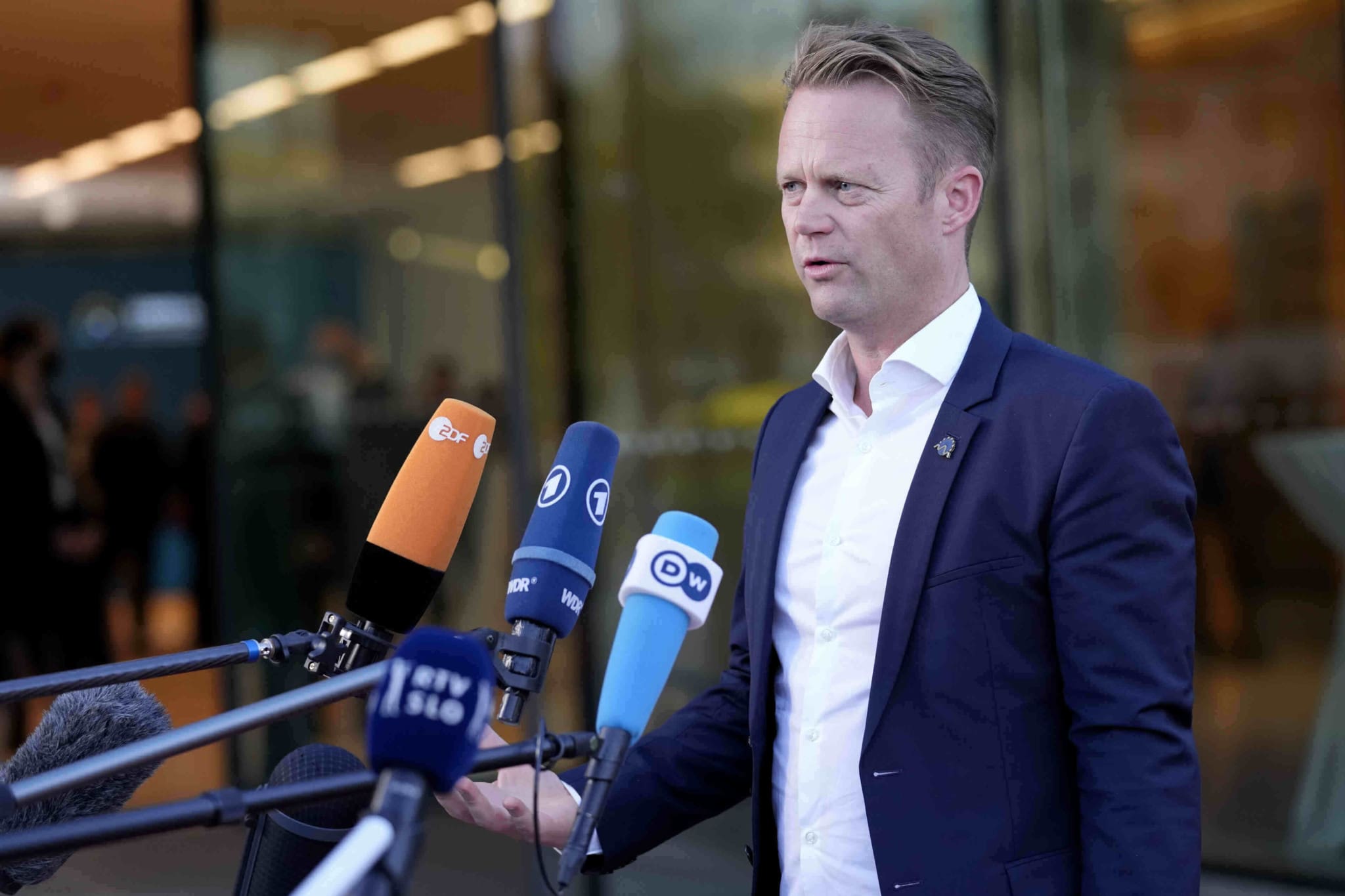Until June this year, Denmark has paid Great Britain to receive 23 Afghan interpreters who have helped Danish forces in Afghanistan, the Berlingske reported. The Danish Ministry of Defense confirmed the arrangment with Britain.
These are 12 interpreters who had first been refused an entry visa in Denmark and 11 interpreters who wanted to go to the UK, the newspaper wrote.
As of June, only five Afghan interpreters had been granted asylum in Denmark out of 139 applications. Denmark’s government’s attempt to direct migrants away from the country to another European nation is unsurprising in light of the left-leaning government’s hardline stance on migration. The country has implemented a number of policies to reduce the country’s migrant population, including a goal of “zero asylum seekers“.
Nevertheless, some have expressed surprise about Denmark’s policy of paying the UK to take its interpreters.
“I have never, neither in my work in the UN and the EU or as a lawyer in Denmark, seen a similar scheme,“ said Poul Hauch Fenger, lawyer, and specialist in, among other things, asylum law and former employee of the UN High Commissioner for Human Rights.
“Denmark pays itself out of legal responsibility for the interpreters, as we pay to send them to Great Britain, which thus takes over the humanitarian responsibility that would otherwise have been ours,“ he continued.
However, the amount of money being paid out remains a secret.
But according to Berlingske, “the amount is calculated based on what it cost the British to assess the 23 interpreters’ documents and evacuate them, and what it would cost the UK to integrate them, including social benefits for five years for the 23 interpreters “.
Officially employed by the UK
The interpreters have aided Denmark in Afghanistan but were employed by Great Britain.
According to Berlingske, however, they had worked in Danish uniforms, and some of them had their salaries paid in cash by Danish interpreters.
A total of 195 interpreters assisted the Danish forces during the war in Afghanistan.
They were allowed to request Danish support due to the interpreting agreement from 2013 if they could prove that they had been specifically threatened or in danger due to their work for Denmark.
On Aug. 11, a new agreement came into force when the Taliban was about to take power in Afghanistan again. However, that agreement only covers locally employed Afghans who have been employed within the past two years.
After the fall of Afghanistan’s capital, Kabul, Denmark has evacuated around 1,000 people from Afghanistan, including more than 600 interpreters and other local staff, including their families.
Minister of Defense Trine Bramsen did not want to comment on the information.
Title image: Denmark’s Foreign Minister Jeppe Kofod speaks with the media during arrivals for a meeting of EU foreign ministers at the Brdo Congress Center in Kranj, Slovenia, Thursday, Sept. 2, 2021. (AP Photo/Darko Bandic)






